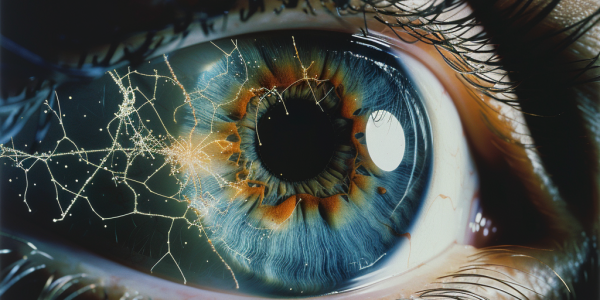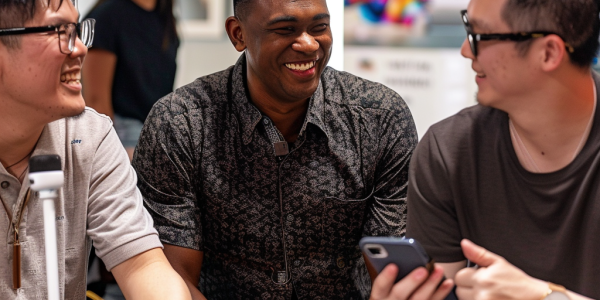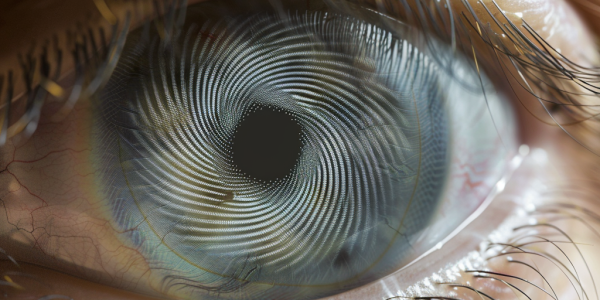Visual Sensitivity May Predict Dementia Up to 12 Years Early
A recent study from Norfolk reveals that visual sensitivity may predict dementia up to 12 years before diagnosis. This groundbreaking research highlights the connection between eyesight and cognitive decline, suggesting that visual tests could be key in early detection and intervention for Alzheimer’s disease. By monitoring visual processing and response times, healthcare providers can identify early indicators of dementia, potentially improving outcomes for at-risk individuals.
Microsoft Partners with Be My Eyes to Enhance AI Inclusivity for the Visually Impaired
Microsoft partners with Be My Eyes to enhance AI inclusivity for the blind and low vision community by creating high-quality, disability-representative data. This collaboration aims to improve AI’s accuracy in recognizing objects associated with disabilities, addressing the underrepresentation in existing datasets. By prioritizing transparency and user privacy, this initiative seeks to make technology more accessible and beneficial for the estimated 340 million people worldwide affected by visual impairments.
Smart Contact Lens Revolutionizes Glaucoma Monitoring
Researchers have developed a groundbreaking ‘smart’ contact lens to revolutionize monitoring eye pressure for early detection of glaucoma. This innovative lens offers continuous and wireless measurement of eye pressure, providing a comfortable and accurate alternative to traditional diagnostic methods.
Nano-Scale Vision Implant Offers Hope for the Blind
The groundbreaking development of a nano-scale vision implant offers new hope for the blind, featuring ultra-small electrodes for enhanced visual perception. Utilizing a conducting polymer for longevity, the implant shows promising results in preclinical trials. Lead researcher Maria Asplund explains the implant’s functionality in creating a pixelated image, paving the way for future iterations with thousands of electrodes. This innovation marks a significant advancement in visual neuroscience, promising enhanced visual perception for the visually impaired.
Google Pixel Super Bowl Ad Sparks Conversation About Accessibility in Technology
The recent Google Pixel Super Bowl ad featuring the Guided Frame accessibility feature has sparked conversation about the importance of accessibility in technology. The feature, which uses AI and facial recognition to assist individuals who are blind or have low vision in taking photos, has been expanded to include the rear camera and can recognize faces, pets, food, and some objects. Head of brand accessibility at Google, KR Liu, emphasizes the significance of disability representation and culture, stating that people with disabilities want to be a part of society and have the same passion as everyone else. Looking ahead, Liu believes that AI will continue to drive innovation in the accessibility space, building tools that cater to the needs of the disabled community at an accelerated pace.
North American Sky-Gazers Prepare for Total Solar Eclipse
On April 8, 2024, North American sky-gazers will experience one of the decade’s most buzzed-about interstellar events: a total solar eclipse. During this event, the moon will slide between Earth and the sun, turning day into eerie dusk along a…






